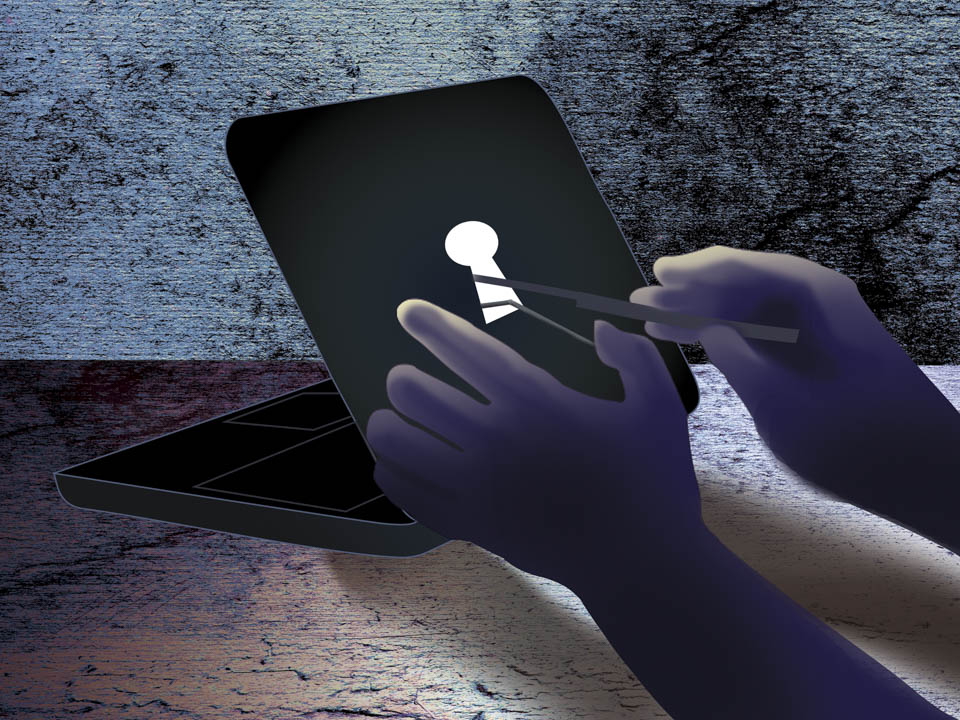City College Internet security fends off hacking attempts

By Michael Burkett
The Guardsman
Despite continued hacking attempts on City College’s online services, security at the college is better than most colleges and universities, according to the Internet Technology Department.
Sam Bowne, who teaches ethical hacking, and Tim Ryan, the college’s chief technology officer, have led the effort to secure the college’s online services.
Bowne said the college in May 2012, installed application aware software that created three firewalls to isolate potential hacking penetrations. Concerns arose prior to the software installation due to a major security breach that compromised thousands of students personal information.
The breach involved viruses found throughout City College’s networked computers that may have originated in Russia and were not caught by the McAfee virus protection. It is still unclear to this date how and what was compromised in this security breach.
“One thing that has helped is that City College, like the majority of other colleges and universities, no longer uses a student’s social security number as their student identification number,” Bowne said. “ This eliminates much of the security risks involving personal information.”
Bowne said the college currently uses Hyper Text Transfer Protocol Secure to protect most of the college’s network rather than Hyper Text Transfer Protocol which was previously used.
“I am confident that the security at CCSF is good, and will remain good,” Bowne said. “No network is perfectly safe, but CCSF is way ahead of other comparable colleges and we’re all working to keep it that way.”
Bowne continued, “We have not had a compromise, but there was a minor issue about a year and a half ago with a DDoS (distributed denial-of-service) attack against the main City College site. It occurred after normal school hours and we were able to resolve the problem in about an hour.”
A DDoS attack denies Internet access.
But efforts to maintain Internet security and online presence comes with the help of free hardware from companies that manufacture Internet hardware
“We receive hardware from Meraki for free that provides the Internet access points throughout campus. This defrays a major expense,” Bowne said. “Also there’s CENIC
(Corporation for Network Initiatives in California) that provides access to the Internet for City College.”
Ryan also said Cisco Meraki provides free Internet access points worth approximately $5,000 in return in order to determine how well the internet access points preform.
However while the college does not pay for access to CENIC and Internet access points, Ryan acknowledged that it does pay approximately $70,000 annually for its online presence.

Comments are closed.